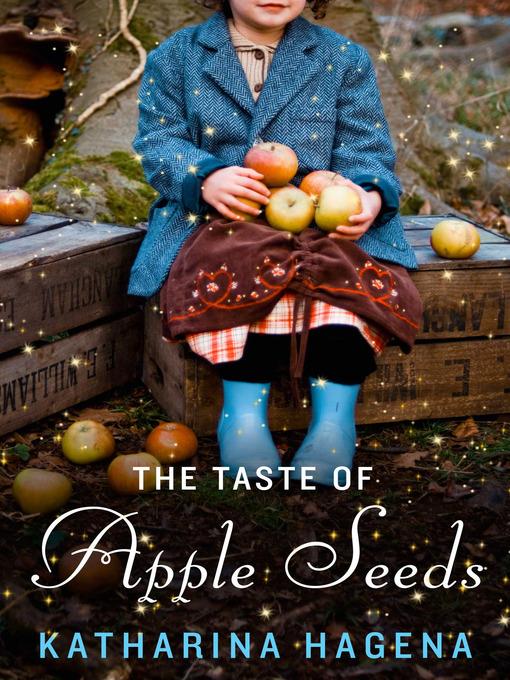
The Taste of Apple Seeds
A Novel
کتاب های مرتبط
- اطلاعات
- نقد و بررسی
- دیدگاه کاربران
نقد و بررسی

January 1, 2014
From German author Hagena, the story of a young German woman whose inheritance of her grandmother's house leads her to plumb her family's past. This book was an international best-seller. In Bulloch's translation from the German, nature imagery is colorfully transcribed, which is fortunate, since Hagena's descriptions of the lake, forest and gardens surrounding the ancestral apple farm of the Deelwater family are among this novel's principal charms. Bertha, the matriarch, who survived her husband, Hinnerk, by many years--most of them in a state of steadily worsening dementia--has died, willing portions of her estate to her three daughters, Inga, Harriet and Christa, and, unexpectedly, bequeathing the farmhouse to Christa's daughter, Iris, the narrator. As Iris, a librarian, takes time off to decide whether or not to keep the house, her recollections and encounters with denizens of the tiny lakeside village of Bootshaven shape the novel. Family secrets are mulled over as Iris' consciousness, searching for clarity, circles back repeatedly to crucial events she witnessed as a child. Herr Lexow, elderly caretaker of the farm, confesses that he might have fathered Inga during World War II while Hinnerk was off at his job as a prison camp commandant. (Hinnerk's checkered past with the Nazi Party is not a major aspect of the novel--the primary focus is on the women's comparatively sheltered lives.) Whimsy abounds, striking a discordant note with the overall meditative tone of the book--for some reason, Iris' wardrobe is limited to old ball gowns once belonging to her aunts; she and Bertha's lawyer, Max, meet cute while swimming naked in the lake; and Aunt Inga, born during an electrical storm, cannot touch anyone without shocking them. Aunt Harriet, now a devotee of an Indian guru, had her heart broken, and the child born of this liaison, Rosmarie, died under circumstances not fully elucidated until the novel's climax. Since much of the nuanced wit is perhaps lost in translation, what remains is a decorative but aimless family chronicle. Matriarch Bertha's decline is, however, viscerally felt and vividly detailed.
COPYRIGHT(2014) Kirkus Reviews, ALL RIGHTS RESERVED.

February 1, 2014
German author Hagena portrays three generations of strong German women inextricably intertwined by painful memories that coalesce at the family home in the north German countryside. It is this old, neglected house that Iris, the last descendant, inherits from her grandmother and that she isn't even sure she wants. Her mother inherits the land, an unproductive piece of lowland pasture; her aunt Inga gets the stocks, which are of little value; and her aunt Harriet receives a meager amount of cash. Iris decides to stay at her house for a week. There she is beset by memories of Harriet's illegitimate daughter, Rosemary, who was caught in a love triangle with her aunt Inga and her best friend, Mira, and who died tragically one night 13 years earlier, when she was only 15. These memories are brought to life again by Mira's younger brother, the lawyer handling the estate, who is drawn to Iris, as he was even in their childhood. Hagena writes in sensual, poetic prose, bringing a fairy-tale quality to her gothic tale of family secrets and deceits.(Reprinted with permission of Booklist, copyright 2014, American Library Association.)

























دیدگاه کاربران